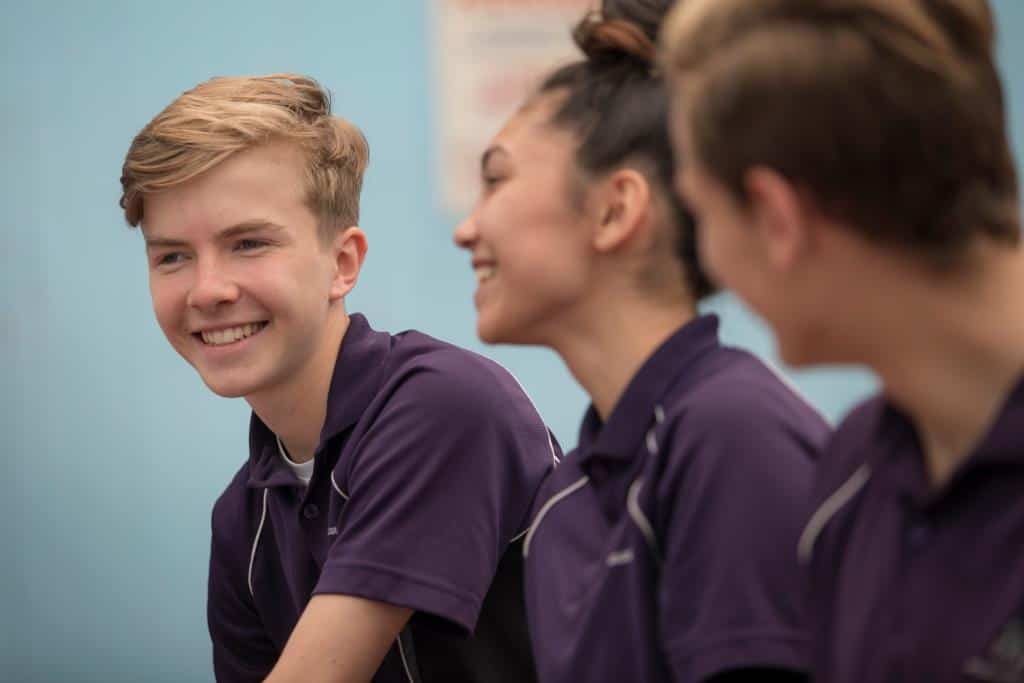Learning in Australia
Learning Style & Teaching Methods in Australia
The learning style of Australia is different to most countries; our lessons evoke creativity, individual opinions and open debate and a thorough understanding of a topic/subject. You will be required to participate in class discussions where you can express your own views and thoughts to young Australians. You will be assessed on a combination of assignments, exams, participation in class, attendance and your contribution in study Australia group activities.
Here are some support services and tips available to you for your new transition phase in studying in a new environment and adjusting to your new school:
Most international student find Australian teaching styles to be different then to what they are used to; in Australia there focus is on practical learning, that encourages thinking outside of the box, on creativity, on independent thoughts and debate. Teachers aim to provide you with a thorough understanding of a topic rather than just teaching the basic. You are expected to develop your own thoughts and share them with your fellow students during classes; it is encouraged to discuss new ideas and to have a voice in the classrooms. Class participation is an assessable part of your grade.
Lectures and tutorials
Classes at university will be a mixture of lectures and tutorials. A lecture might be attended by up to 200 students from different courses within your discipline. A tutorial is a much smaller, with only about 30 students in attendance. Can be different than what you are normally use too, up to 200 students, might be intimidating at first but it can be lots of fun to hear everybody’s ideas and thought on various topics. You will discuss the information provided in your lecture with other student during the tutorial. Is important that you contribute to the discussion on the topics if your courses and play an active role. All your ideas are encouraged to share them in the group; the professor will get to know you better too through your participation.
TAFE college institutions also operate in Australia and provide courses very similar to universities. Lectures and tutorials are combined. The presentation and discussion are presented in much smaller classes than a university
Assessment
Your final grade for a unit will be based on how well you performed in your assignments, these includes class participation, exams, attendance and group exercises, projects, oral exams, oral presentations e.g. Depending on what course in which you are enrolled, you may be assessed throughout the semester week by week instead of a final exam the advantage of this is you do not need depend on one single piece of assessment or project. If you don’t perform too well with the assessment, the final examination at the end of the semester can increase your final grades, and vice versa.
The scores are divided like this:
A Outstanding achievement High Distinction 100 to 80 per cent
B High achievement Distinction 79 to 70 per cent
B High achievement Distinction 79 to 70 per cent
C Satisfactory achievement Credit 69 to 60 per cent
C Satisfactory achievement Credit 69 to 60 per cent
D Unsatisfactory achievement Pass 59 to 50 per cent
E Fail
Plagiarism
Plagiarism is when you take someone else work and present it as you’re own. This includes copying clocks of text from reference books into your own assignment and neglecting to ‘reference’ or ‘credit’ the original source.
Plagiarism is a very serious offence in Australia and there are harsh penalties for the practice that may include an automatic fail of your unit, or may put your student visa in jeopardy.
If you wish to use someone else’s work, all you must simply do is reference the person from which you are borrowing the information, is always good anyway to use sources to present a stronger argument in your work.
Plagiarism can have major consequences in Australia which can jeopardise your student visa in Australia. Plagiarism in where you take someone else’s work and say it is your own in an assessment task. This can include large amounts of text copied from a book where the author wasn’t credited for it. The international office in your institution should be able to help you with referencing.


